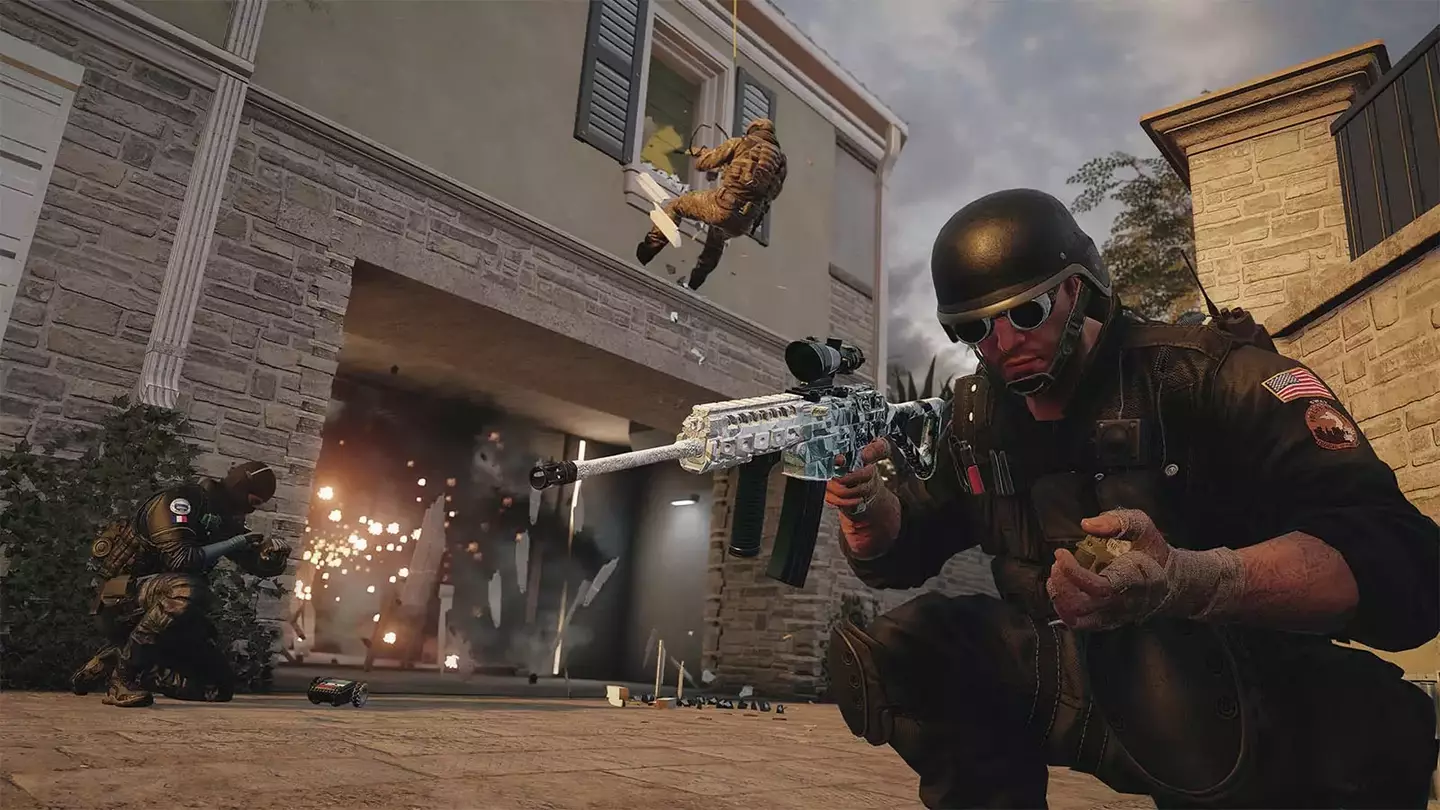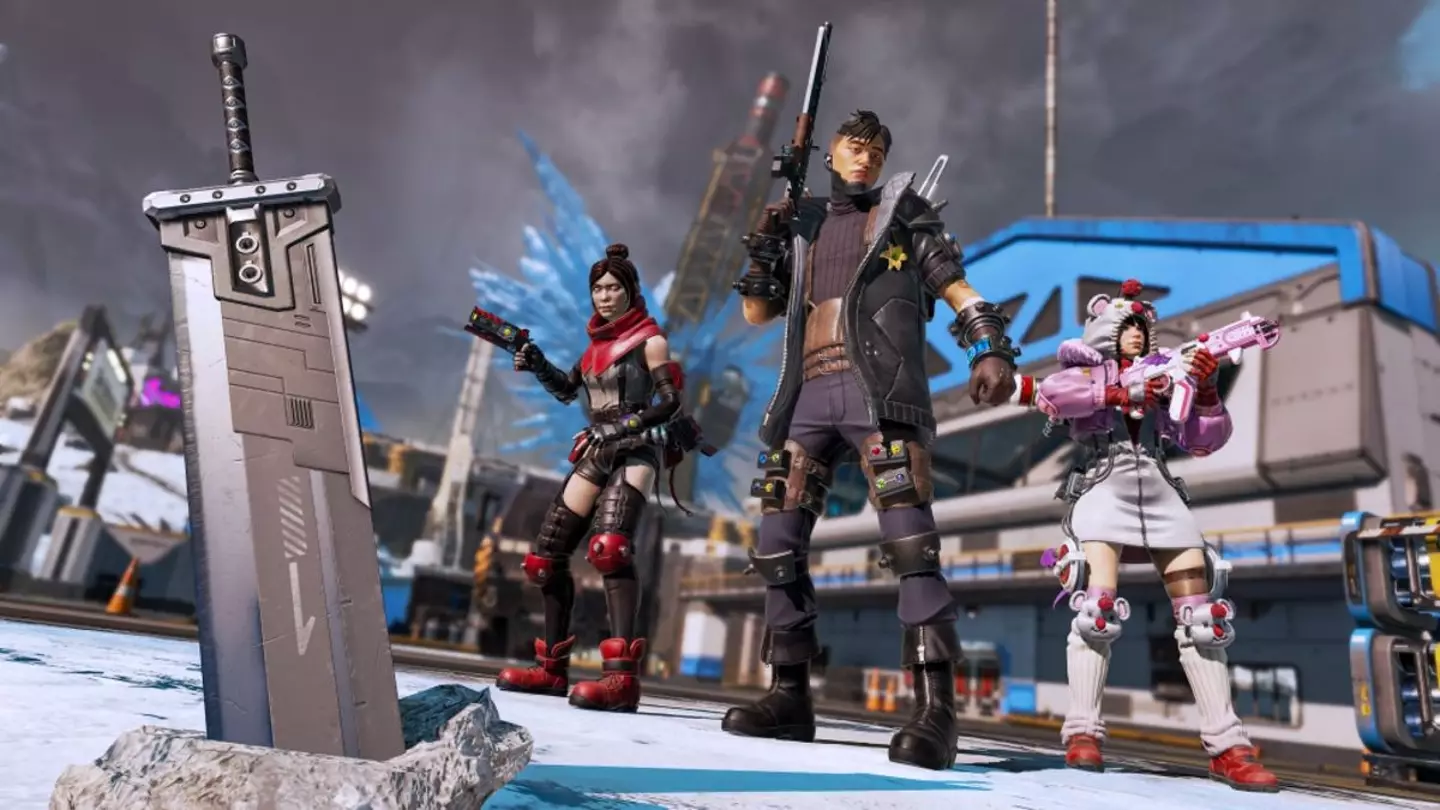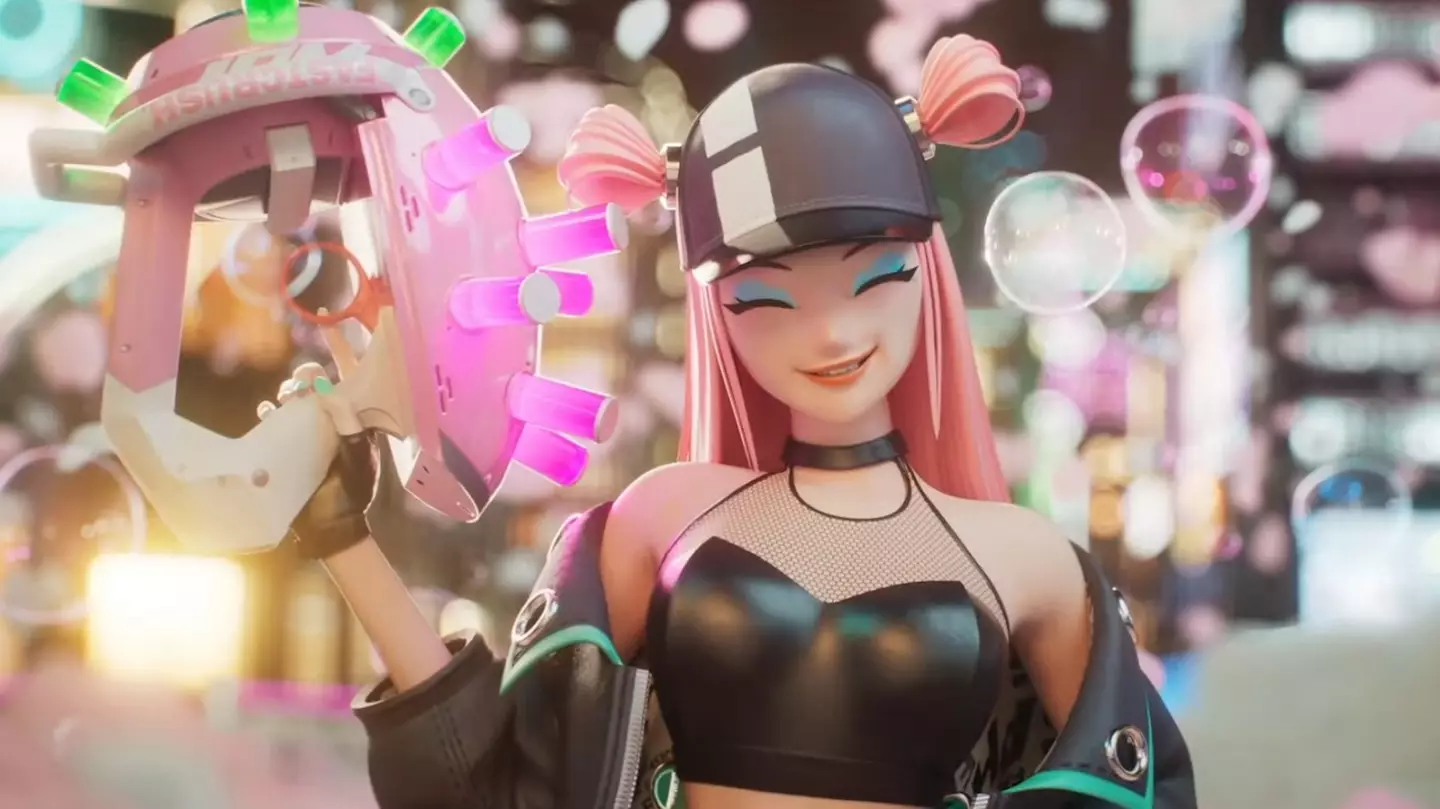
As I watched the Destiny 2 video that aired on 9 April, detailing the upcoming features for The Final Shape, I couldn’t help but think that live service games need a significant overhaul in the near future. Granted, I’m not the only one to say this, but this is my plea.
We’ve reached a point where seemingly every company wants to create a live service title even when their game doesn’t lend itself to this format (Rocksteady, I’m looking at you). It’s often done for several reasons, which we’ll come to. But the consequence of this push is that for the audience, it’s becoming practically impossible to keep up with everything, forcing players to play constantly or be left behind.
Rainbow Six: Siege is one of many games that feels impossible to get into
Advert
With Destiny 2, newcomers often complain that the game isn’t accessible after years and years of updates, DLC, new weapons, and extra bosses. Sometimes you need to buy a key for a raid, and to play certain modes you need some DLC, the UI is a cluttered mess of missions, traders, and destinations. It’s a maddening thing to look at when all you want to do is shoot aliens and work with your friends.
The same can be said for games like Rainbow Six: Siege which has over 70 operators to play as, all of whom play differently from each other, and feature unique abilities and equipment; Fortnite has become a game that evolves throughout seasons, constantly refreshes weapons and forces you to relearn locations and adapt to bosses who drop items to buff your character.

These become sticking points that hold many back from playing. I’d quite like to play several live service games, but as an adult over the age of 40 (urgh) I can’t fit everything in. It would be lovely to keep up with Destiny 2 dailies while hunting for victory royales on Fortnite, and whiling away the evenings with Magic the Gathering: Arena.
This past weekend I sat down with my daughters for a day of Fortnite, it was my third time playing this season. My kids are on there nearly every day, they know what weapons they’re looking for, which boss drops which medallion, and have worked out how to rotate through the map for the best loot; because, while they play other games occasionally, Fortnite is still the game to play.
I used to be good at Fortnite. I wrote four books about the damn game. For the first time in ages, I was asking my kids for help. Which POI is the best drop spot? Is this shotgun better than the other one? What does that medallion do? This constant need to update games and drag players in each day is, to some degree, alienating a large portion of the audience. It had bypassed me.

Of course, I already hear the cries of ‘git gud scrub’ or ‘sounds like a skill issue’ and to some degree, you’d be correct. Perhaps my skills aren’t what they once were, my hand-eye coordination is practically geriatric, but in the past week I’ve played Fortnite twice. The second time, only a few days later, suddenly there are Avatar: The Last Airbender powers all over the map and it’s one more thing to learn.
It’s tiring trying to keep up, and in the end, I just abandon playing anything that evolves that quickly. I think this is the reason why the OG season of Fortnite, which lasted for around a month last year, brought back so many players. Suddenly the game had longer queue times and millions of players were logging in. Why? Of course, nostalgia, but also, because people already knew how to play. It was familiar.
Now, it’s obvious why so many publishers are supporting live service models. Money is certainly key. With this plan, publishers can charge for battle/season passes, extra bits here and there, as well as the introduction of new characters. Let’s look at another of my favourite games, but one which often goes under the radar - Apex Legends.

In the recent Final Fantasy VII crossover event players could buy a new type of loot box. At the start of the event, one Final Fantasy VII loot box would cost 1,000 Apex coins, or around £8.99. After outcry from fans EA and Respawn reduced it to 100 Apex coins per pack, although to get every cosmetic and item it would still total well over £100. It’s big business, whether we like it or not.
So many games are living by this model now, and many publishers are targeting a step into the arena, yet it’s hurting our wallets, plus our free time. You could argue that one successful live service game can go on to finance several single-player games, but is that really how it’s working? It would be lovely to think so, and let’s, for argument's sake say it does, surely the landscape of these games is going to end up hurting the bottom line?
In a recent survey of over 500 game studios, it was revealed that 95% of them are working on some form of live service game. According to Games Industry Biz, “Among the surveyors, 66% agreed that live services are necessary for long-term title success.” Where are all these players coming from?

As an example of what I’m trying to get at, Foamstars, a new live service game for PlayStation 5 has lost nearly 95% of its playerbase in just two months. This bright, breezy, team-based shooter is now struggling, and it could, potentially, end up closing like so many others before it. Striving for this type of game is going to spell failure for many, especially when the leaders of this format have been around for years. There is no Fortnite beater in the coming future, that we know of.
I’m going to save you the time and tag this opinion with The Simpsons meme of ‘old man yells at cloud’ but I think it’s a valid argument to studios and publishers to stop chasing this trend. If there are 100 live service games, your game will not pull in enough players for it to survive, and we’re the butter being spread too thin.
Topics: Apex Legends, Fortnite, Rainbow Six Siege
